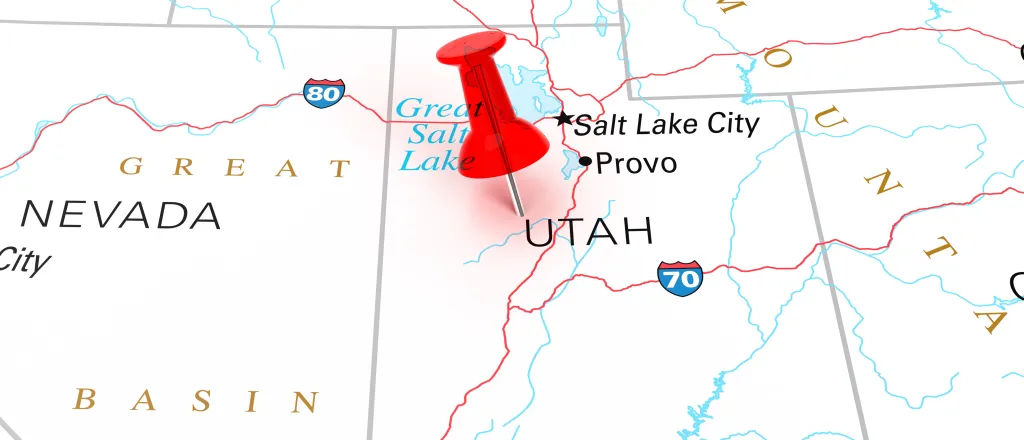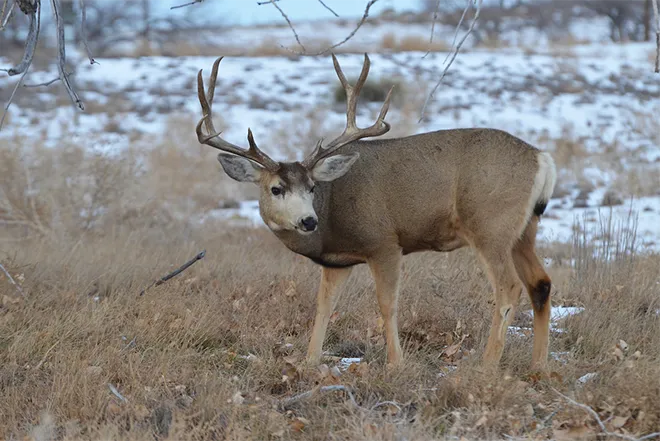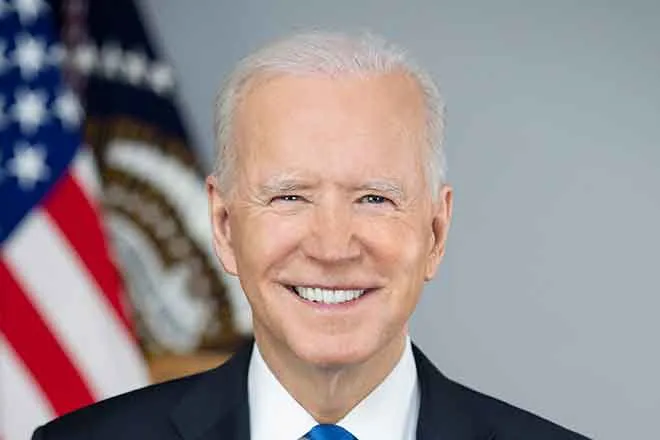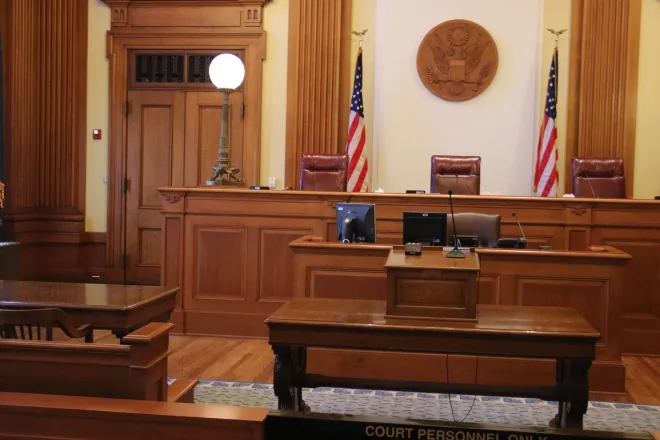
BLM seeking comments on Grand Staircase-Escalante management plan
Mark Richardson
(Utah News Connection) The Bureau of Land Management is kicking off its planning process for managing Grand Staircase-Escalante National Monument with several public hearings.
The monument is a series of plateaus extending 100 miles from the Grand Canyon to Bryce Canyon. President Joe Biden restored the monument to its full size in 2021, reversing a 2017 order by former President Donald Trump which cut it by half.
Kya Marienfeld, wildlands attorney for the Southern Utah Wilderness Alliance, said the meetings will help determine the BLM's priorities for managing the region.
"It's a really great opportunity for the public to go and ask a lot of questions," Marienfeld pointed out. "Every question you ask, every comment you make, whether it's formal or informal, is something that the land managers will take into account."
The BLM plans five sessions -- two virtual and three in person -- during the "scoping" phase of the process. Online meetings are set for 10:00 a.m. August, and 1:00 p.m. August 30. In-person meetings will be August 24 at Escalante, August 31 in Kanab, and September 7 in Panguitch.
President Bill Clinton designated the region a national monument in 1999. Marienfeld said it got its name from its colorful layers of sedimentary rock extending north into southern Utah.
"Grand Staircase was established primarily as a science and research monument because of the wealth of ecosystems and paleontological resources and cultural resources that are there," Marienfeld explained. "It's a landscape-level monument, not just protecting this one specific site."
Marienfeld added with the ever-growing number of visitors to the monument, there is concern over how the BLM will determine what areas will be open for recreation, and which parts will remain pristine.
"There are more people going now than I think we're ever anticipated, and it makes sense to plan for that kind of use into the future where people can have a great experience," Marienfeld asserted. "And then here's the areas that really is the back country that's going to be away from that with far less visitation."
















